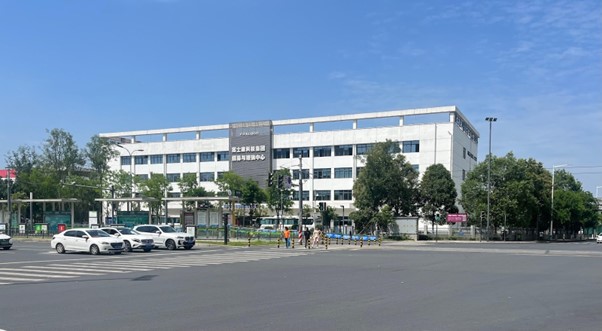In an unusual break from a usual diplomatic tone, the UN Special Rapporteur on Hazardous Substances and Wastes, Baskut Tuncak, has criticized South Korean media for glossing over his report on Samsung Electronics Co. Ltd and its occupational-disease cluster.
A series of South Korea’s media reports downplayed the Special Rapporteur’s report on the country, when they said he did not turn up any evidence tying Samsung’s working conditions with the diseases and disabilities of its workers. Tuncak responded to their misrepresentation in an op-ed (in Korean) on Sept. 19 for the independent daily Hankyoreh.
Gross Misrepresentation
“Certain recent media articles [in South Korea] grossly misrepresent my report as not finding evidence that working conditions at Samsung Electronics led to diseases or disabilities among former workers,” said Mr. Tuncak. “Based on my conversations with companies, the government, scientists, attorneys, mediators and victims, this is far from the truth.”
The opening salvo of the fusillade of false reports was fired on the Sunday evening of Sept. 11 by Yonhap News, the country’s publicly chartered news agency which has little reason to kowtow to Samsung, its largest corporate ad buyer, but often does nevertheless.
The Yonhap dispatch was quickly rehashed and distributed by more than thirty news outlets.
While there is no evidence of direct corporate involvement, the dissemination of the falsified report fit the usual pattern by Samsung of spinning the news: the conglomerate often puts out negative or even false news over weekends to have news outlets release it without fact-checking.
Overview of Samsung findings
On September 16, Mr. Tuncak, presented his report at the 33rd regular session of the UN Human Rights Council in Geneva. The 24-page report delineated a wide range of topics from the Samsung cluster to the Oxy Reckitt Benckiser disinfectant scandal. The following are highlights on Samsung:
- On Samsung’s refusal to disclose chemicals used during employment of the cluster victims. “The Special Rapporteur reiterates that, under international laws, global policy frameworks and national law, health and safety information on hazardous substances should not be confidential.”
- On the government’s inaction. “Apart from these investigations and the industrial accident compensation insurance scheme, the Special Rapporteur notes a surprisingly low level of action taken by the Government, the primary duty bearer when it comes to respecting, protecting and fulfilling the rights of workers and of victims to an effective remedy.”
- On the Ombudsman Committee to monitor Samsung’s safety efforts. “The Special Rapporteur welcomes the establishment of the Ombudsman Committee, and looks forward to its implementation with both transparency and meaningful public participation by all stakeholders.”
- On the transparency of compensation. “The Special Rapporteur understands there are concerns regarding how the compensation process adhered to the recommendations of the Mediation Committee and encourages all parties to increase transparency and participation in this regard.”
- On the burden of proving the work-relatedness of illnesses. “The causal relationship need not be proven medically or scientifically but can be inferred from the consideration of various situational factors. Consideration of all the circumstances, such as the health of the worker at the time of employment, possible explanations for the disease, whether any hazardous substances existed in the workplace and the amount of time the worker spent in the workplace, makes possible the conclusion that there is a proximate causal relationship between the worker’s duties and the disease.”
Article originally published by Stop Samsung on 22 September 2016. See here.










